Three years have passed since a Provincial Public Health Emergency was declared because of the overdose rates in BC. When it was first announced in 2016, I had just begun my current role as regional nursing lead for Harm Reduction. In this job, I’m responsible for supporting harm reduction services for the North, and my first piece of work was the expansion of naloxone.
Before my Harm Reduction role, I worked as a generalist public health nurse for 13 years. I also worked as the local street nurse in Quesnel, supporting marginalized individuals to access health care. I had 12 or so regular clients on my case load who I met up with or supported for several years. Today, all of these individuals are now gone.
People who use drugs are community members
Most of my clients called Quesnel their hometown — they did not come from an outside community. They weren’t transported by bus to make space for the Olympics in Vancouver, as some rumors claimed. They had families, loved ones, and children they left behind — and they loved their community. Despite this, very few of them felt included or had a sense of belonging. Many of these individuals relied on public space to exist and connect with services in the downtown core.
Reflecting on progress and loss
As Overdose Awareness Day comes around again (on Saturday, August 31), I’m reminded of those we lost, but also how far we have come:
- Naloxone is now a regular part of the work we do.
- Northern Health has partners in the provincial response: pharmacists, community paramedics, housing, First Nations communities, and local non-profits.
- We’ve increased our capacity to treat opioid-use disorder.
- Staff helped create opportunities for people with lived experiences to participate in local discussions, including a campaign called Stop Stigma Save Lives (stigma is one of the main causes of accidental illicit drug overdose deaths).
All of these strategies save lives every day.
Bravery in the face of crisis
What humbles me most about the work in the past three years is the bravery that people who use drugs have had throughout this crisis — the level to which they’ve taken grief and built networks of safety for each other. When other systems have failed, peers have stepped into lifesaving roles, offering community education and peer advocacy. On Overdose Awareness Day, I want to take time to honour and acknowledge their work.
It’s time for a new conversation
Despite the advances, I still feel the daily challenge of defending and advocating for harm reduction. I want to use my voice to start a new conversation – one that begins with agreeing that people do not choose to die or deserve to die because they use drugs.
Communities have a vital role to play and can be a part of the solution. Here’s how:
- Get trained on naloxone and carry a kit: drug use is common in many populations in our community. Make a naloxone kit part of caring for one another.
- Choose compassion: instead of thinking “what’s wrong with that person?” think, “what has happened in that person’s life?” Become curious instead of judgemental.
- See the value of programs that save lives: trust that services and harm-reduction strategies, like syringe distribution, are rooted in research and backed by evidence. People use drugs for a variety of reasons, including poverty, mental illness, a history of abuse, neglect, and childhood trauma – not because of the services they are offered and access.
- Uncomfortable with public drug consumption? Support and advocate for a safe place where people can use drugs, where they can dispose of their paraphernalia safely with trained staff available to help them.
- Support and donate to organizations in your community that offer access to housing, food, low-barrier employment opportunities, and support services.
- Challenge statements that minimize or ostracize members of your community: forcing people to exist in the corners of our community, out of sight, increases drug use and people dying alone.
- Advocate for changes in drug policy.
- Offer creative solutions.
As a community member, you have the ability to support the health and well-being of our entire community. It’s a shared responsibility, and it’s time we all made it a priority.

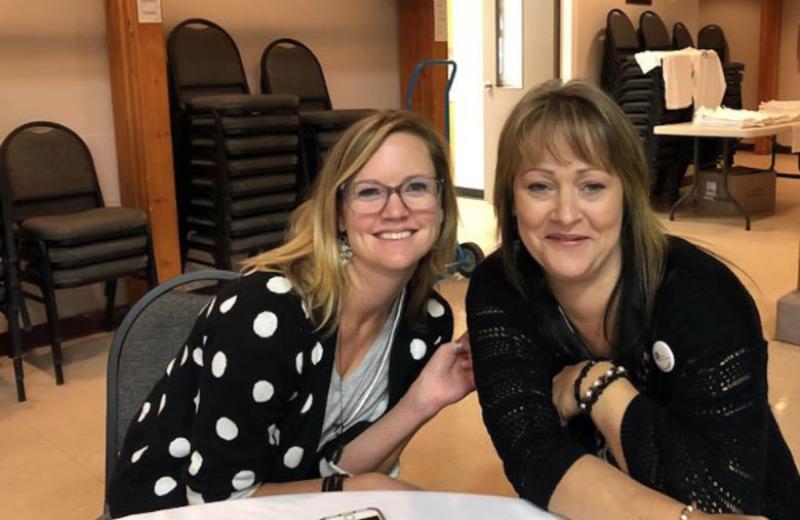





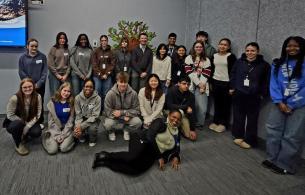
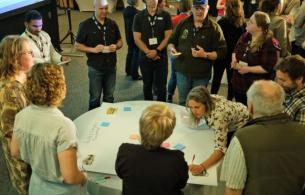

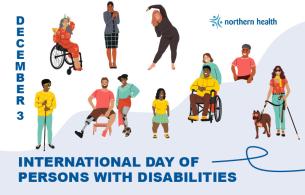
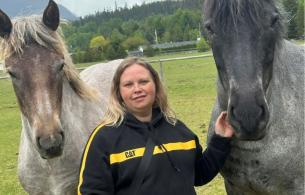
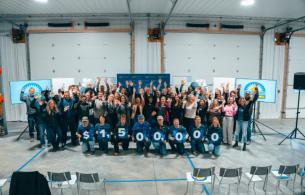
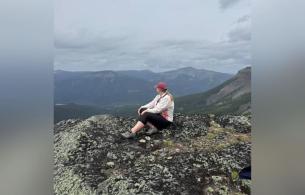
Comments